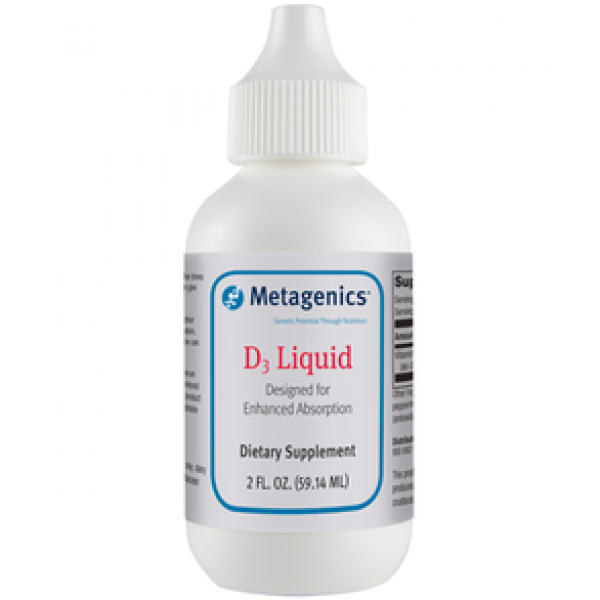
Clinical Research Evidence Showing Benefit of Vitamin D Supplementation
Martineau et al. (2015) Vitamin D supplementation to prevent acute respiratory tract infections: systematic review and meta-analysis of individual patient data. BMJ 2017;356:i6583
“Meta-analysis of IPD from 10 933 participants in 25 randomised controlled trials showed an overall protective effect of vitamin D supplementation against acute respiratory tract infection (number needed to treat (NNT)=33).”
“Benefit was greater in those receiving daily or weekly vitamin D without additional bolus doses (NNT=20), and the protective effects against acute respiratory tract infection in this group were strongest in those with profound vitamin D deficiency at baseline (NNT=4).”
“These findings support the introduction of public health measures such as food fortification to improve vitamin D status, particularly in settings where profound vitamin D deficiency is common.”
Urashima, M. et al. (2010) Randomized trial of vitamin D supplementation to prevent seasonal influenza A in schoolchildren. Am J Clin Nutr 2010;91:1255-60.
“This study suggests that vitamin D3 supplementation during the winter may reduce the incidence of influenza A, especially in specific subgroups of schoolchildren [those low in Vit D].”
Aloia, J et al. Epidemic Influenza and Vitamin D. Epidemiology and Infection 2007, Vol 135 (7) pp. 1095-1098
In a 3 year trial taking 800 IU/day of Vitamin D reduced the incidence of colds and flu by 70%.
After two years they increased the Vit D to 2000 IU/day and the incidence of colds and flu was reduced by almost 100% (only 1 of 104 subjects developed cold or flu in the final year).
Camargo, C.A.; Ganmaa, D.; Frazier, A.L.; Kirchberg, F.F.; Stuart, J.J.; Kleinman, K.; Sumberzul, N.; Rich-Edwards, J.W. Randomized trial of vitamin D supplementation and risk of acute respiratory infection in Mongolia. Pediatrics 2012, 130, e561-e567.
“WHAT THIS STUDY ADDS: In a randomized controlled trial of 247 Mongolian children with vitamin D deficiency in winter, with double-blinding and 99% follow-up, vitamin D supplementation significantly halved the risk of acute respiratory infections.”
Summary Of Findings According to Dr James Chestnut,M.S,D.C.
Influenza (flu) viruses, coronaviruses, and rhinoviruses (cold viruses) change each year and thus the development of antibodies via the adaptive immune system is not how we protect ourselves against such viruses.
Our main immune defense against flu and cold viruses are the phagocytes of our innate immune system (macrophages, neutrophils, and dendritic cells) which quickly and directly attack viruses, kill infected cells, and present antigens for recognition by the T-helper and T-killer cells of the adaptive immune response.
The innate immune system is the first line of defense and it is also the initiator of the second, more specific line of defense by the T-cells of the adaptive immune system.
The phagocytes of the innate immune system REQUIRE sufficient omega-3 fatty acids, Vitamin D, and Vitamin A and, as importantly, the proper synergistic amounts of Vitamins A and D.
The MAIN CLINICAL Points are:
1. When it comes to viral defense, particularly against flu and cold viruses, including the Coronavirus, the innate immune system is, by far, the most important variable determining our ability to stay healthy.
2. The innate immune system cannot function properly without sufficient omega-3, vitamin A and Vitamin D; this is the variable most commonly overlooked by healthcare professionals, by the media, and by the CDC.
3. Innate Choice OmegA+D is, without question, and by far, the BEST supplement available to provide sufficient amounts of omega-3 fatty acids and sufficient and perfectly synergistic amounts of Vitamins A and D.
Why are we not hearing more about these studies and the simple things we can do to help protect ourselves and our family besides washing hands,and physical distancing!?
What are your thoughts here?
Dr.Mankal
